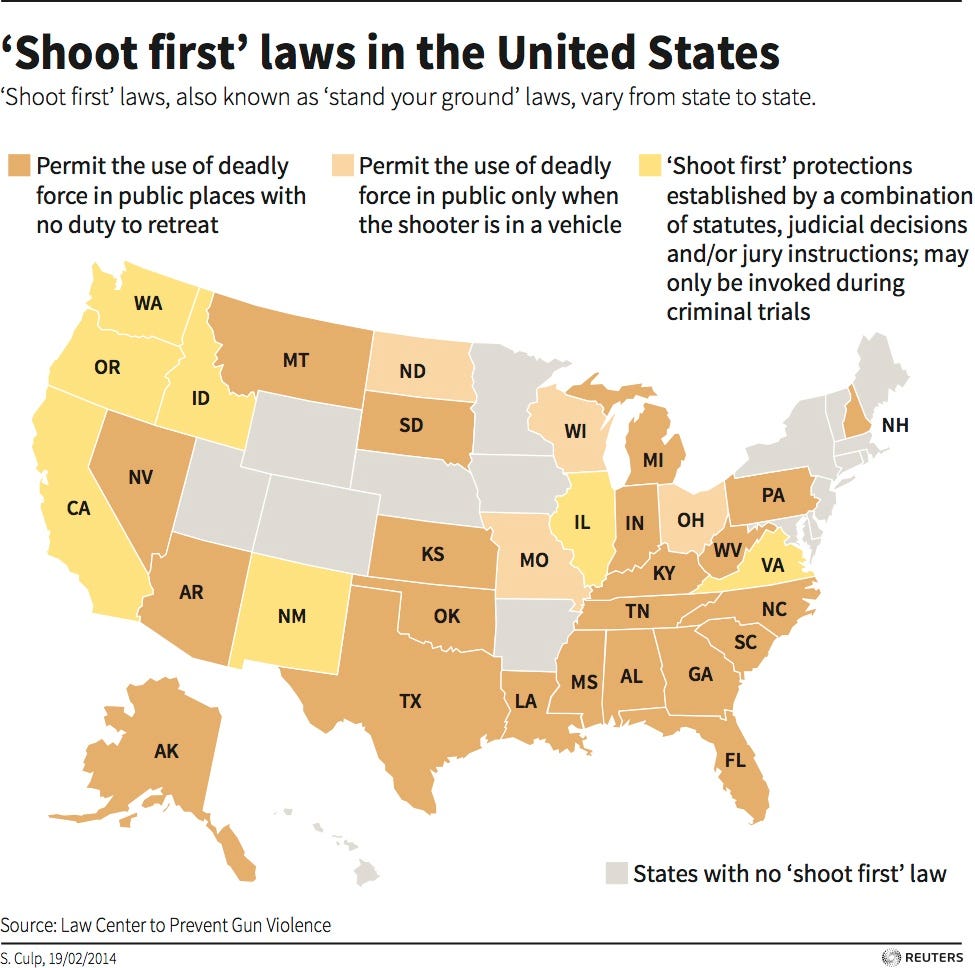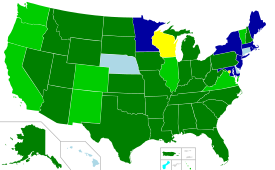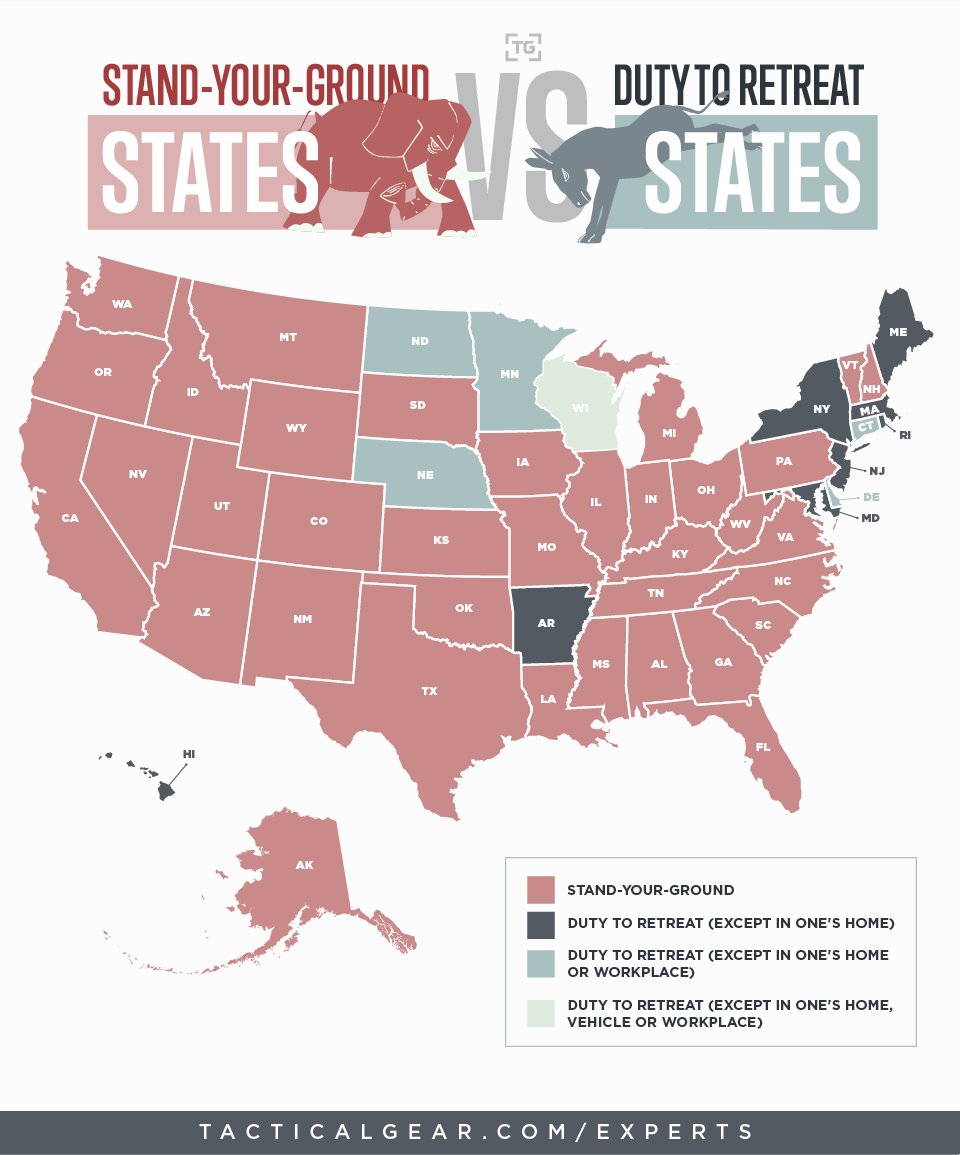Virginia has a stand-your-ground law, codified in Virginia Code § 18.2-58. This law states that a person “has the right to use physical force, including deadly force if reasonably necessary, to defend himself or herself and others against imminent death, serious bodily harm, sexual assault, or unlawful detention.” The law also states that a person “is presumed to have acted reasonably in the use of deadly force if, under the circumstances as he or she reasonably believed them to be, he or she reasonably believed that such force was necessary to prevent imminent death, serious bodily harm, or sexual assault to himself or herself or a member of his or her household, or to prevent the abduction of himself or herself or a member of his or her household.”

There are a few key elements to the stand-your-ground law in Virginia. First, the person must be acting in self-defense or in defense of others. This means that the person must have a reasonable belief that they or someone else is in imminent danger of death, serious bodily harm, sexual assault, or unlawful detention. Second, the person must use only the level of force that is reasonable and necessary to protect themselves or others. This means that the person cannot use excessive force, such as shooting someone who is unarmed or who is running away. Third, the person must be in a place where they have a right to be. This means that the person cannot be trespassing or committing any other crime at the time of the incident.

The stand-your-ground law in Virginia has been the subject of some controversy. Some people believe that the law makes it too easy for people to use deadly force, while others believe that the law is necessary to protect people from violent criminals. The law has been upheld by the Supreme Court of Virginia, but it is possible that it could be challenged in the future.

Here are some additional details about the stand-your-ground law in Virginia:
- The law applies to any person who is lawfully present in Virginia, regardless of whether they are a resident of the state.
- The law does not apply to law enforcement officers who are acting in the course of their duties.
- The law does not create a duty to retreat before using deadly force.
- A person who uses deadly force in self-defense is immune from criminal prosecution, but they may still be subject to civil liability.






